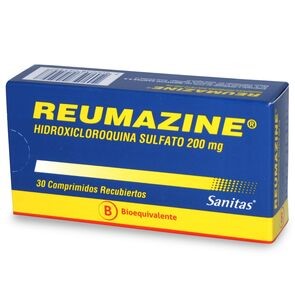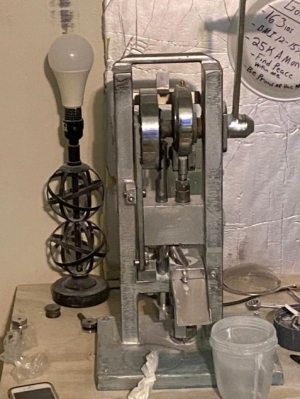November 13, 2023: FDA reporting system shows American injuries from fake Ozempic
Major Stories
42 people, including 3 in the U.S., have been hospitalized after injecting counterfeit semaglutide products. The Treasury Department sanctioned 13 more alleged cartel members.
According to the U.S. Food and Drugs Administration’s Adverse Event Reporting System, 42 people around the world were hospitalized after being injected with counterfeit semaglutide, the active ingredient in the diabetes and weight loss medicines Ozempic and Wegovy, as of September 2023. Three of these hospitalizations happened in the U.S. and two of those involved counterfeit Ozempic pens. PSM is urging American patients to be certain that they are buying prescription semaglutide and related products from licensed U.S. pharmacies and to examine the pens they receive to make sure they match Novo Nordisk’s descriptions, at right.
13 Sinaloa cartel members and four Sonora, Mexico-based companies are the latest to be sanctioned by the U.S. Treasury Department because of their alleged involvement with the fentanyl and fentanyl pill trade. The action will prevent them from using U.S. banks and freeze their U.S. assets.
Novo Nordisk’s June press release about fake a Ozempic pen found in a U.S. pharmacy offered tips to help distinguish real Ozempic and Wegovy injections from common fakes in circulation:
- Genuine Ozempic pens don’t grow longer when setting the appropriate dose. They’re available in three doses: pens that administer either 0.25 milligram or 0.5 milligram injections that are sold in packs of six needles per box; one milligram pens and two milligram pens, each of which are sold in boxes with four needles.
- Wegovy pens are fixed-dose injectors with no dosage adjustment. They don’t change length, and are available in five different doses: 0.25 milligrams, 0.5 milligrams, 1 milligram, 1.7 milligrams and 2.4 milligrams.
International News
The European Union is seeking more accountability from e-commerce sites selling counterfeit drugs. Nigeria investigates fake malaria medicine.
The European Union (EU) demanded that Alibaba report on AliExpress’s procedures to monitor and remove illegal products such as counterfeit medicines from its online marketplace. The request comes after the enactment of the Digital Services Act, which requires companies to take responsibility for illegal activity on their platforms.
Nigeria’s House of Representatives directed its Committee on HIV/AIDS, Tuberculosis, and Malaria Control to run a four-week survey on fake malaria medicines across the country. World Health Organization research suggests that counterfeit malaria medicines kill 116,000 people in sub-Saharan Africa every year.
NAFDAC, Nigeria's equivalent to the FDA, warned about this counterfeit malarial treatment in 2020.
Domestic News
McGruff the Crime Dog is warning people about counterfeit medicine. News about cases involving pill presses in Maryland and Massachusetts and the FBI's JCODE team catches more darknet fentanyl pill traffickers.
The National Crime Prevention Council and the U.S. Patent and Trademark Office have recruited McGruff the Crime Dog for a series of public service announcements about counterfeiting—including fake pharmaceuticals. Watch the latest offering here.
Collin Edwards of Largo, Maryland, pleaded guilty to his role in a fentanyl ring that used pill presses to make counterfeit prescription pills and distributed them in Washington, D.C. and Maryland. Edwards also pleaded guilty to identity theft in a false unemployment claim scheme that netted more than $250,000.
A federal grand jury in Massachusetts indicted two men who allegedly distributed fentanyl pills and other drugs they made in an apartment in Lynn. A search of the apartment in June 2023 yielded a large hand-cranked pill press, and multiple kilograms of pills and powder containing fentanyl and other controlled substances.
A federal grand jury in California indicted two men for their alleged roles in a darknet-based drug trafficking scheme that sold over 120,000 fentanyl pills and 20 pounds of methamphetamine to approximately 1400 customers in all 50 states. Two additional men, Rajiv Srinivasan and Michael Ta, pleaded guilty for their roles in the ring earlier this year, admitting that five deaths had been linked to their activities. The FBI’s Joint Criminal Opioid Darknet Enforcement Team (JCODE), which has arrested more than 300 darknet drug traffickers since 2018, led this investigation.


